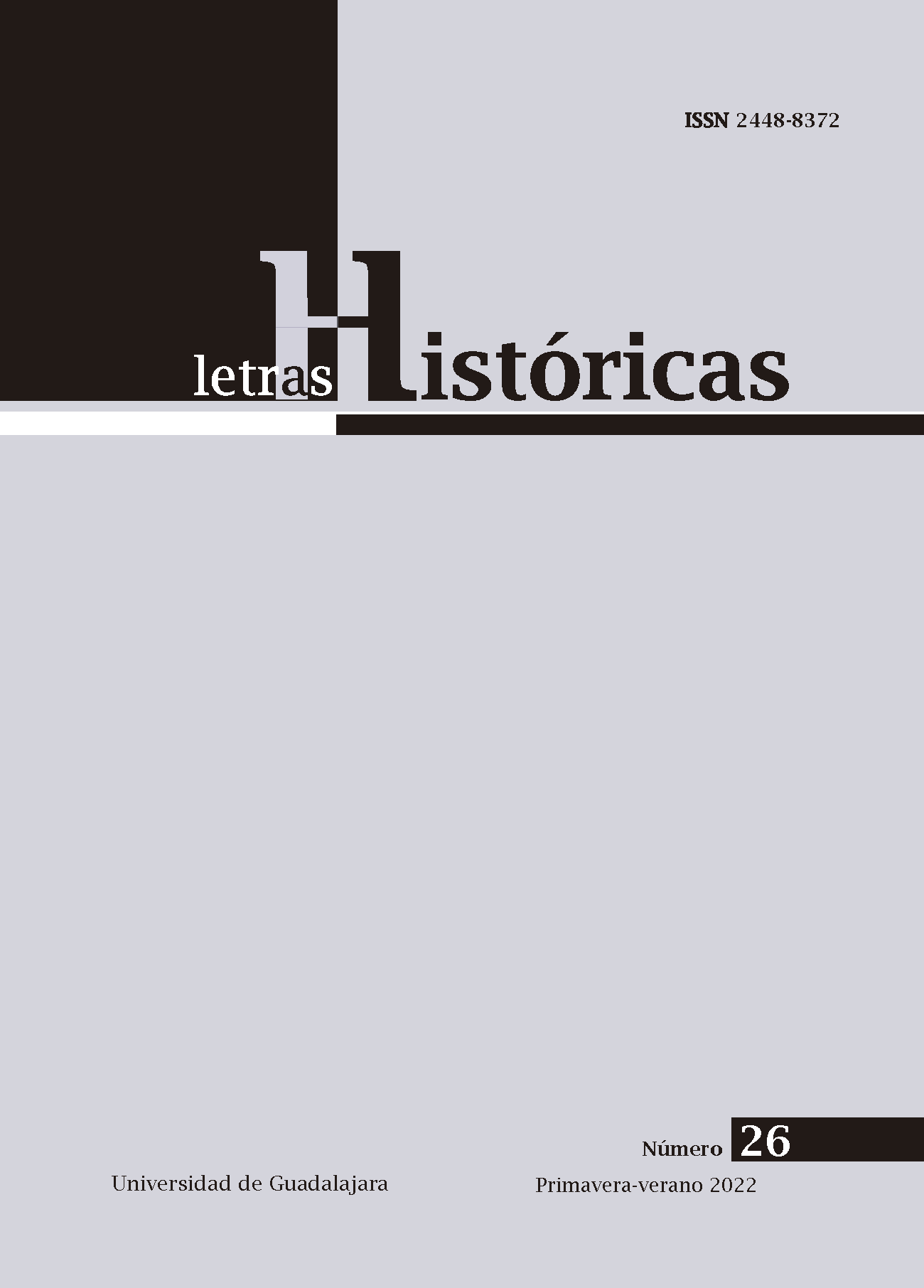Abstract
This article is the result of a brief study of the place that the concept of disease occupies in the Novo-Hispanic religious 17th-century discourse, based on three documents proposed to represent the survival of the three genera causarum of Antiquity: deliberative, panegyric and judicial, a collection of Jesuit talks, a Carmelite chronicle, and a treatise on the extirpation of idolatries. I argue that disease can function in these discourses as either punishment or as purification, facing two notions of healing that are somewhat opposite: one that trusted the arts of pre-scientific medicine, and the other that defended the quasi-magical power of healing religious – i.e., use of cédulas, prayers or sacraments. I also claim that the rhetorical use of disease was not only accessory in these discourses, but it was also a concept that made up one of the essential oratorical causes of Christianity: that which associated – sometimes conflictingly – bodily health with the salvation of the soul. Finally, I contend that the place of disease in these discourses is still limited to the moral conception of health, cultivated from medieval medical traditions, and embodying notions of malicious corporality and virtue as a quality not limited to the soul.
















